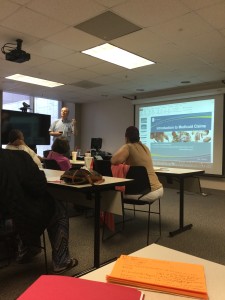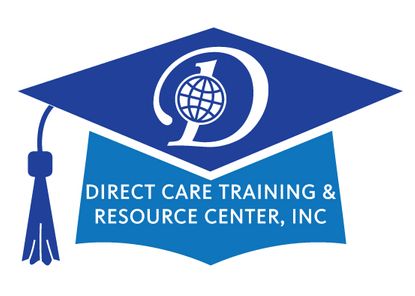
Owners of a planned 40-Bed assisted living program rely on a technical advisor in physical plant functionality and program design
Many may be familiar with that Scripture from the Bible (Proverbs 14:22) that reminds us that in all situations more than one voice can often have value, (although the focus of the verse are spiritual situations). While this Blog is not about using the Bible, we believe the world of care – from the entrepreneurial end to the clinical end to the regulatory end, can learn from the application of these words. So, for us this verse is a worthy reference.
Developing and maintaining service programs that provide care and assistance to vulnerable adults and children is a constant concern. We get sick, we become limited, we need others! This can span the reservoir of business models from adult day care to assisted living to home care to skilled nursing. A wide variety of technical advisors assists these care providing entitles to:
- Develop programs that meet the needs of their communities
- Study markets and communities to best ascertain specific needs, i.e. Feasibility Studies
- Obtain and maintain healthy cash flow
- Market in a meaningful matter
- Respond to regulatory citations with the development of more effective systems for day-to-day governance
Tons of other industries also make usage of consultants and technical advisors from law firms to manufacturers to hospitals to import/export entities. Of course state and federal governments have employees whose job it is to enforce public policy and/or administrative rule that may apply to a particular care model. However, even this has limitations and typically the role of the technical advisor is not designed to be a replacement for this or impede upon these processes.

Mr. Underwood, Medicaid Chief in Georgia explains info of value to providers and technical advisors they may hire
Seasoned regulators indicate across-the-board that they often like the involvement and/or intervention of trained professionals, from private organizations, in helping care providers to be their very best. Why is that? Because often consulting and project management firms offer services that are overseen by professionals who have been in the business of care on a variety of levels while the regulator has not. It allows for a creative process to occur that stimulates, keeps providers engaged, educates and often helps a provider to maintain absolute regulatory compliance and benefit from the business and public relations experience of others.
In every scenario, a regulator cannot devote significant time in a day-to-day advisory role with one business. A private technical advisor can.
Betty Sherman, now retired after 32 years as a state employed licensing consultant and manager overseeing group homes and later in her career, nursing homes in the Southern United States adds: “I recall the bitterness some of my colleagues had toward those in the private sector and I chose to ignore it. It was ego-driven, personal insecurity and it made no sense. For the most part all of us were social workers in my unit. Some of the private advisors to the group homes we oversaw were nurses and they brought a different and often highly valuable perspective to the group home provider, many of whom did not come from clinical backgrounds. When I helped a new provider to become licensed, I might have been able to devote 4 to 10 hours at best to their case in total. This was only after my investigative work and other priorities. Plus we had no authority to control or dictate to a private business – every profession has consultants – and I often reminded myself of that. Their work was not an attack on me. This line of reasoning was for me a more proactive, professional and helpful approach. Intellectual collaboration accomplishes positive endeavors, not bitter, resentful arrogance. When a consulting firm sued our department for slander and loss profits – after a colleague or two maligned them – resulting in 3 of us being deposed and dragged through a 2-year legal battle, the point was driven home even more.”
We hear tons of stories from various licensing bodies on this subject and most are positive. Actually the only negative ones that have come our way are from the Bureau of Child and Adult Licensing in Wayne County, Michigan. Our hope is that the lofty thinking of intellectually honest, seasoned professionals will prevail.
No one works to be a threat to someone else and if we do, the “multitude of counselors” will find failure often. There can be good in every business relationship when we all approach it in a “business-minded” fashion.
Sign-in and share your thoughts.
____________________________________________________________________________
 For more on our commitment to the success of community based care providers, join the LinkedIn.com Groups:
For more on our commitment to the success of community based care providers, join the LinkedIn.com Groups:
Adult Day Care Innovation & Growth
Nursing Home Administrator Innovation
Small Scale Assisted Living Success Strategies
Our other homes on the web:
www.directcaretraining.com
